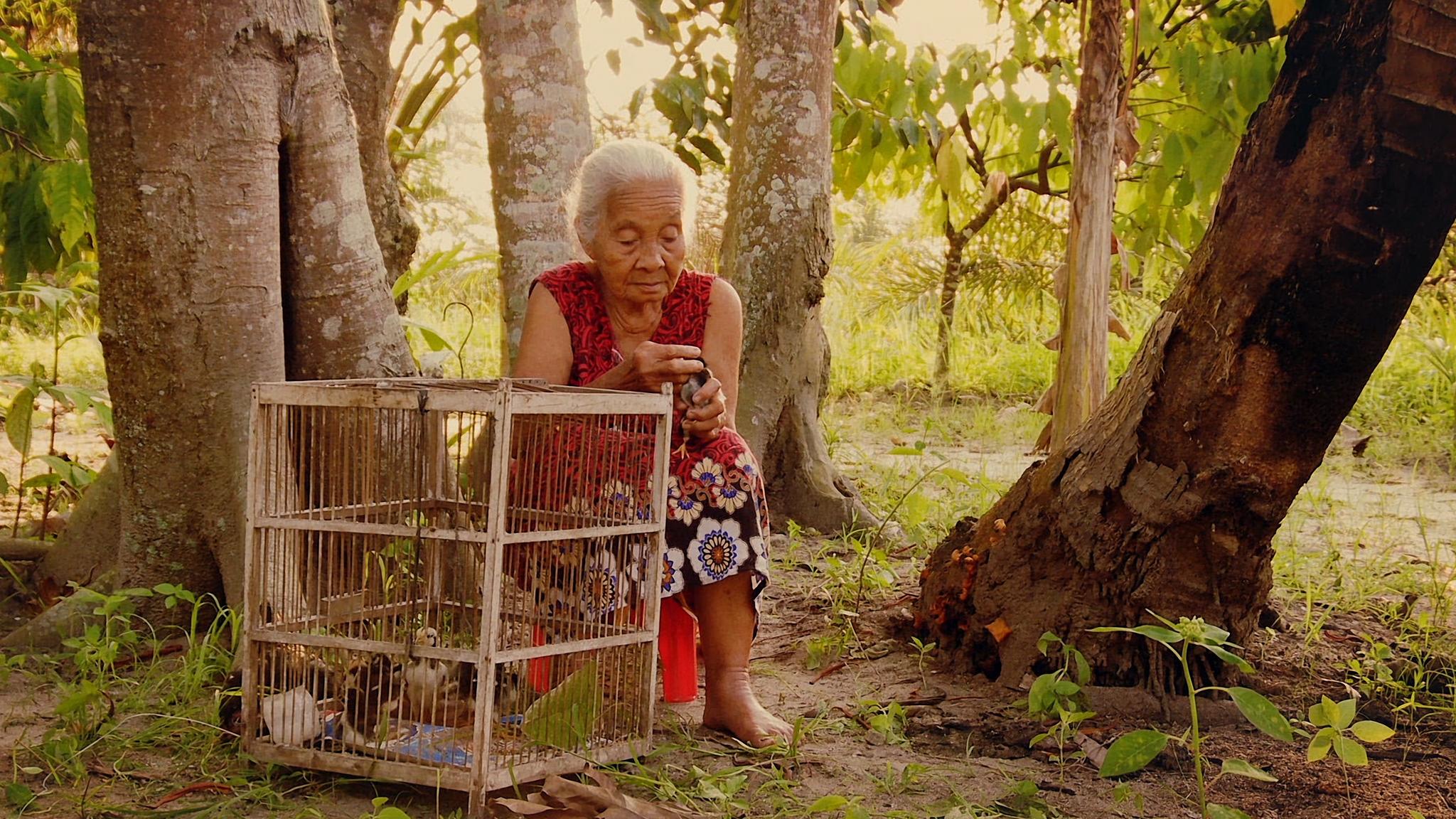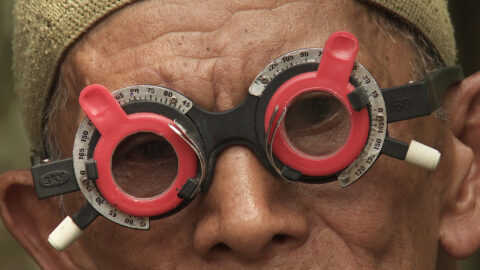Background
Suharto’s sordid legacy dates to the army-backed massacres in 1965 that accompanied his rise to power. A failed coup against President Sukarno in September 1965 claimed the lives of six army generals, but it was the army, led by then-Major General Suharto, that emerged as the paramount power in the aftermath.
Although the events surrounding the coup attempt remain unclear and some participants themselves described it as an internal military affair, the government maintained that the Indonesian Communist Party was exclusively responsible for the coup attempt. From 1965 to 1967, Suharto presided over a bloodbath that destroyed the Indonesian Communist Party. Estimates of the number of people killed range from a quarter of a million to more than 1 million. Hundreds of thousands of citizens suspected of having leftist affiliations, including large numbers of teachers and student activists, were imprisoned. Most of them were never tried, let alone convicted of any offense. Suharto was officially proclaimed president in March 1967.
Under Suharto’s “New Order” regime, Indonesian society became progressively militarized, with the Indonesian armed forces playing an increasingly prominent role as a social and political force. Throughout his rule, Suharto viciously suppressed any sign of anti-government unrest or separatist ambition. Military operations, most notably in East Timor, Aceh, and Papua, were characterized by undisciplined and unaccountable troops committing widespread abuses against civilians, including extrajudicial executions, torture, forced disappearances, beatings, arbitrary arrests and detentions, and drastic limits on freedom of movement.
In 1975, just nine days after neighboring East Timor declared its independence from Portugal, Suharto ordered Indonesian forces to invade and annex the former colony. Indonesia’s occupation of East Timor was brutal, marked by atrocities such as the Santa Cruz massacre in 1991, when at least 270 pro-independence protesters were shot or beaten to death by the military.
“One of the enduring legacies of Suharto’s regime has been the culture that continues to block justice for victims of military abuses even today,” said Adams. “Maybe with Suharto’s passing, this legacy, too, can be brought to an end.”
A rare attempt at accountability for Suharto-era crimes occurred in trials held in 2004 against soldiers accused of participating in the “Tanjung Priok Massacre” in Jakarta two decades earlier. Yet the trials resulted in little justice for the families of the 33 or more civilians shot by government security forces during an anti-government demonstration. Two defendants were acquitted amid reports of political interference and witness intimidation. The remaining 12 defendants had their convictions overturned by an appeals court in June 2005.


